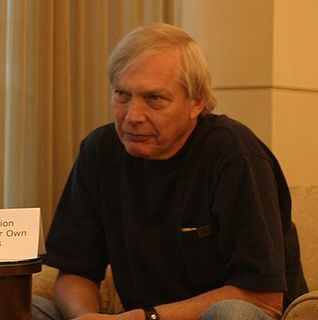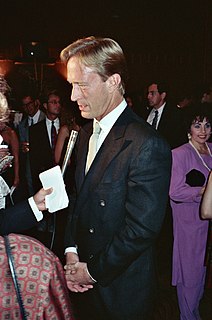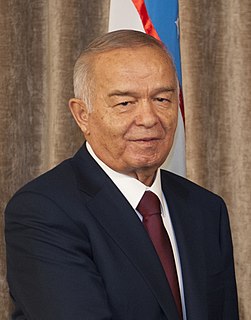A Quote by Pankaj Mishra
In December 2004, I travelled on the road from Uzbekistan across the Oxus River on which the first Soviet convoys had rolled into Afghanistan 25 years before.
Related Quotes
The Soviets held to the tradition of colonialism. They raped the country and killed many people. But they also built dams, electrical power plants, streets, and technical schools. They were communists and had the same vision for Afghanistan that Stalin and Lenin had for the Soviet Union: Progress is communism plus electrification. And today? Today Kabul gets its electrical power from Uzbekistan, Herat from Iran and Jalalabad from Pakistan.
The night of December 25, to which date the Nativity of Christ was ultimately assigned, was exactly that of the birth of the Persian savior Mithra, who, as an incarnation of eternal light, was born the night of the winter solstice (then dated December 25) at midnight, the instant of the turn of the year from increasing darkness to light.
My family left Afghanistan in 1976, well before the Communist coup and the Soviet invasion. We certainly thought we would be going back. But when we saw those Soviet tanks rolling into Afghanistan, the prospect for return looked very dim. Few of us, I have to say, envisioned that nearly a quarter century of bloodletting would follow.
I have transported many, thousands; and to all of them, my river has been nothing but an obstacle on their travels. They travelled to seek money and business, and for weddings, and on pilgrimages, and the river was obstructing their path, and the ferryman's job was to get them quickly across that obstacle. But for some among thousands, a few, four or five, the river has stopped being an obstacle, they have heard its voice, they have listened to it, and the river has become sacred to them, as it has become sacred to me.
In 2001, we were told that the war in Afghanistan was a feminist mission. The marines were liberating Afghan women from the Taliban. Can you really bomb feminism into a country? And now, after 25 years of brutal war - 10 years against the Soviet occupation, 15 years of US occupation - the Taliban is riding back to Kabul and will soon be back to doing business with the United States.
In Iraq, until before the war, the women were scientists, museum directors, doctors. I'm not valourising Saddam Hussein or the Soviet occupation of Afghanistan, which was brutal and killed hundreds of thousands of people - it was the Soviet Union's Vietnam. I'm just saying that now, in these new wars, whole countries have slipped into mayhem - the women have just been pushed back into their burqas - and not by choice.
According to the official version of history, CIA aid to the Mujahideen began during 1980, that is to say, after the Soviet army invaded Afghanistan, 24 Dec 1979. But the reality, secretly guarded until now, is completely otherwise. Indeed, it was July 3, 1979 that President Carter signed the first directive for secret aid to the opponents of the pro-Soviet regime in Kabul. And that very day, I wrote a note to the president in which I explained to him that in my opinion this aid was going to induce a Soviet military intervention.
This document will play an important role in protecting the strategic interests of Russia and Uzbekistan and ensuring stability and security in the region, which some politicians call Russia's soft underbelly. It's not a secret that after the Soviet collapse and especially in recent years, Central Asia has become the focus of interest of major nations because of its geographic location and rich mineral resources.





































